Published in 2019 by Greenhaven Publishing, LLC
353 3rd Avenue, Suite 255, New York, NY 10010
Copyright 2019 by Greenhaven Publishing, LLC First Edition
All rights reserved. No part of this book may be reproduced in any form without permission in writing from the publisher, except by a reviewer.
Articles in Greenhaven Publishing anthologies are often edited for length to meet page requirements. In addition, original titles of these works are changed to clearly present the main thesis and to explicitly indicate the authors opinion. Every effort is made to ensure that Greenhaven Publishing accurately reflects the original intent of the authors. Every effort has been made to trace the owners of the copyrighted material.
Cover image: Alexandru Nika/Shutterstock.com
Library of Congress Cataloging-in-Publication Data
Names: Heitkamp, Kristina Lyn, editor.
Title: Interference in elections / Kristina Lyn Heitkamp, book editor.
Description: New York : Greenhaven Publishing, [2019] | Series: Current controversies | Includes bibliographical references and index. | Audience: Grades 9-12. Identifiers: LCCN 2018028334| ISBN 9781534503878 (library bound) | ISBN 9781534504615 (pbk.)
Subjects: LCSH: ElectionsCorrupt practicesUnited States. | Electronic votingSecurity measuresUnited States. | PresidentsUnited StatesElection, 2016. | HackingRussia (Federation)
Classification: LCC JK1994 .I67 2018 | DDC 324.973/0932dc23 LC record available at https://lccn.loc.gov/2018028334
Manufactured in the United States of America
Contents
Overview: Americas Electronic Voting Systems Are Easy Targets
Brian Barrett
The United States electronic voting system is in desperate need of a massive update. Interference in elections points to the vulnerabilities and insecurities of electronic voting machines.Yes: Paper Ballots Are Reliable and Secure
Paper Is the Quick and Easy Fix for Hackable Voting Machines
Taylor Armerding
The electronic voting machines used around the country are antiquated and insecure and are at risk of crashing, which could lead to lost votes.
Government Officials Attempt to Secure Future Elections with Paper
Timothy B. Lee
A bipartisan group of six senators heed the advice of computer scientists that paperless electronic voting machines are vulnerable to hacking and cant be meaningfully audited. The new legislation would help eliminate paperless machines.
Paper Audits Are Necessary for Secure Automated Vote Counting
Vanessa Teague
Australias election procedures involve using paper ballots to vote and then automating the results, making the process of counting votes easier and more efficient while enabling the vote to be audited by counting paper ballots. If a glitch or potential interference occurs, it is possible to check the results against the physical ballots.No: Interference in Elections Is About People, Not Machines
Blame How Data Is Processed, Not the Machines
Steve Ragan
Electronic voting machines may be vulnerable, but a person would have to hack hundreds of machines to actually influence the vote. Plus, the real danger lies in how the collected voter data is sorted, sold, and shared among political operatives.
The Issues with Electronic Voting Machines Are Fixable
Bruce Schneier
Voting systems have four essential needs: accuracy, anonymity, scalability, and speed. Although computerized systems arent perfect, electronic voting machines can be designed to fulfill the requirements.
Voting Machines Were Not Hacked, But Voters WereAttacked
Richard Forno
During the 2016 presidential election, individual electronic voting machines were not hacked in hopes of altering vote counts. Instead, the election process was hampered by nontraditional foreign and domestic threats that attacked voters behavioral and cognitive systems.
Overview: The Russian Involvement in the 2016 Election Is Complicated
Nilagia McCoy
Garret Graffjournalist and director of the Aspen Institutes cybersecurity and technology programconsiders the investigation of Russian interference in US elections. He highlights how many players are involved in the convoluted investigation.Yes: It Is Undeniable that Russias Meddling Influenced the Election
Russias Misinformation Warfare Influenced American Minds
Molly McKew
Robert Muellers indictment against Russias Internet Research Agency proves that its meddling was more than just a simple ruse. The Russian effort was sophisticated, planned, and well funded.
Russias Interference Spotlights Weaknesses in US Election Process
Donna Brazile
There is no doubt that the Russian government ordered an influence campaign targeting the US presidential election through cyberattacks and misinformation operations on social media platforms. Russias success points to weaknesses in the US election process and the need for both parties to recognize that our democracy is at risk.No: Russian Officials Deny Interference
Russias Ambassador Refutes Russian Interference Accusations
Tasnim News Agency
Anatoloy Antonovthe Russian ambassador to the USclaims that there is no proof of Moscow interference in the US presidential election. He also says the accusations are making diplomacy difficult between Russia and the US.
Russia Ignores the Threat of Sanctions for ElectionInterference
Charles Maynes
The US blacklist of influential Russiansthe List of Oligarchsidentifies Russian billionaires who may have helped fund interference in the 2016 US presidential elections and could be sanctioned in the future as a result. However, President Vladimir Putin scoffed at the list and considered it a feeble threat.
Overview: Social Media Has Changed the Way We Discuss Politics
Sam Sanders
Sam Sanders takes a closer look at how social media has shifted the political discourse between voters, and even between politicians. He shares his own experience grappling with how his actions on social media have helped or hurt the political dialogue.Yes: Social Media Plays a Powerful Part in Many Voters Lives
Social Media Filters and Algorithms Influence Voters
Alex Hern
The filter bubbles and algorithms that drive news and opinion into social media newsfeeds has an enormous effect on how the country votes. Misinformation campaigns and computational propaganda are curated and delivered to users without their knowledge.
Social Media Is Not Good for Democracy
Gordon Hull
Social media spheres create filter bubbles and offer a breeding ground for political polarization. Gordon Hull, a professor of philosophy and public policy, claims that social media is undermining the social conditions that our democracy is built on.
Social Media Sites Should Have to Disclose Political
Advertising Files
Alex Howard and John WonderlichTV and radio stations are required to publish their political advertising files, but so far websites like Facebook have been let off the hook. This allows anyone to post political advertisements on websites without being held publically accountable, which the authors assert has created the opportunity for hostile actors to influence voters.No: Social Media Is Not to Blame for Interference

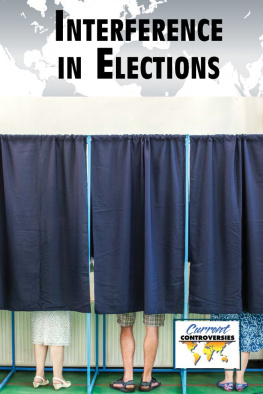
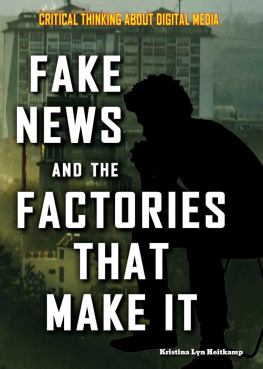


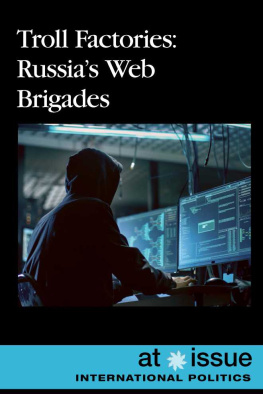
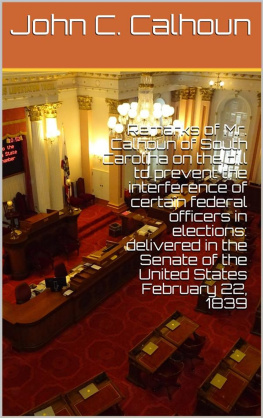

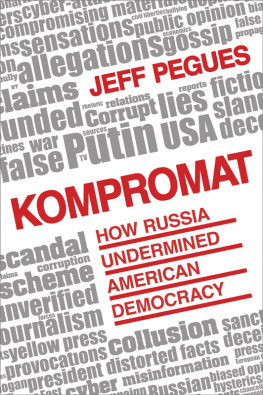
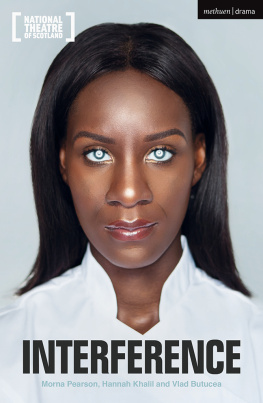
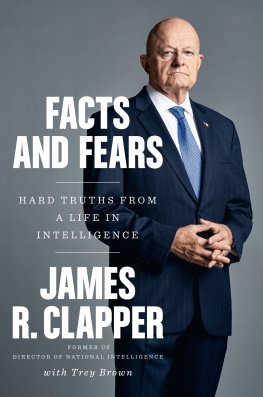
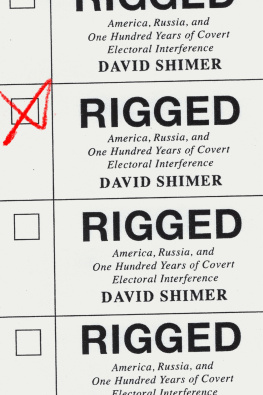
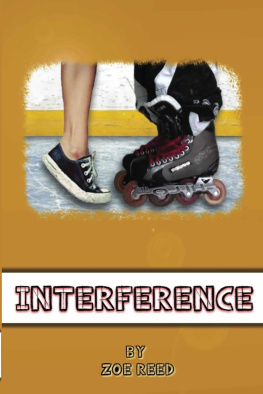
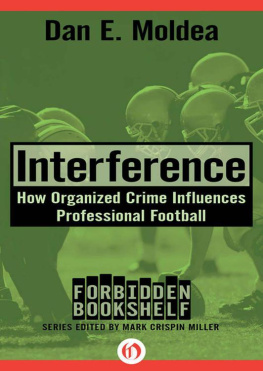
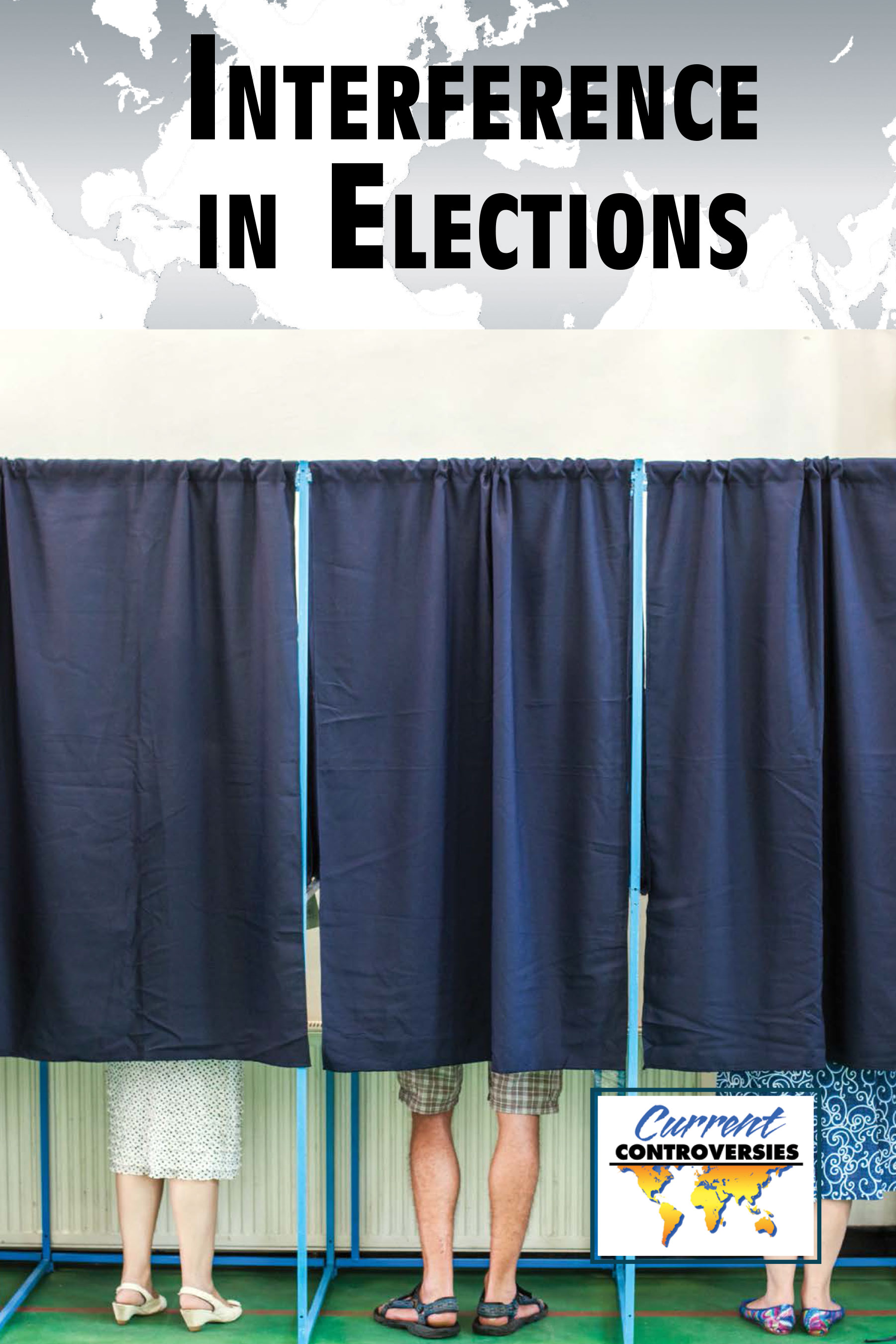
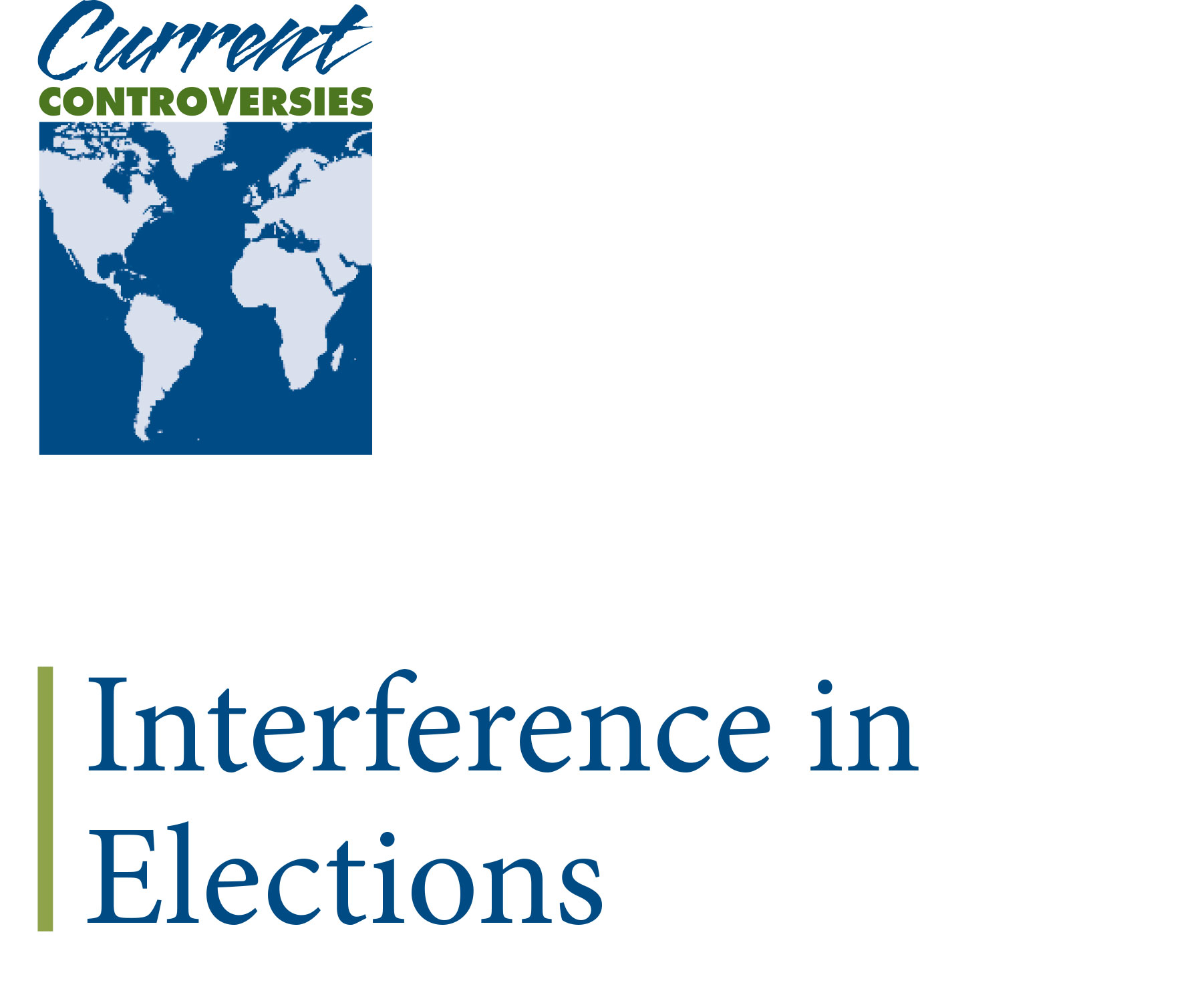
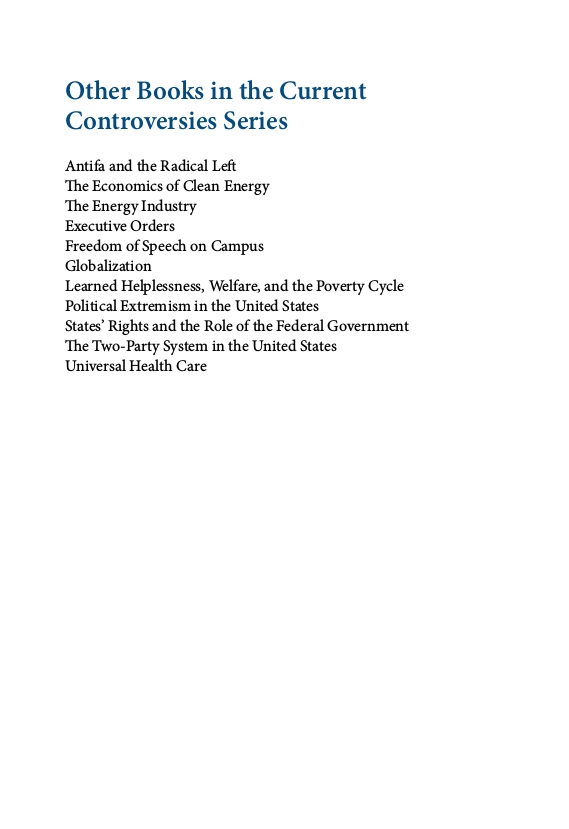
.jpg)